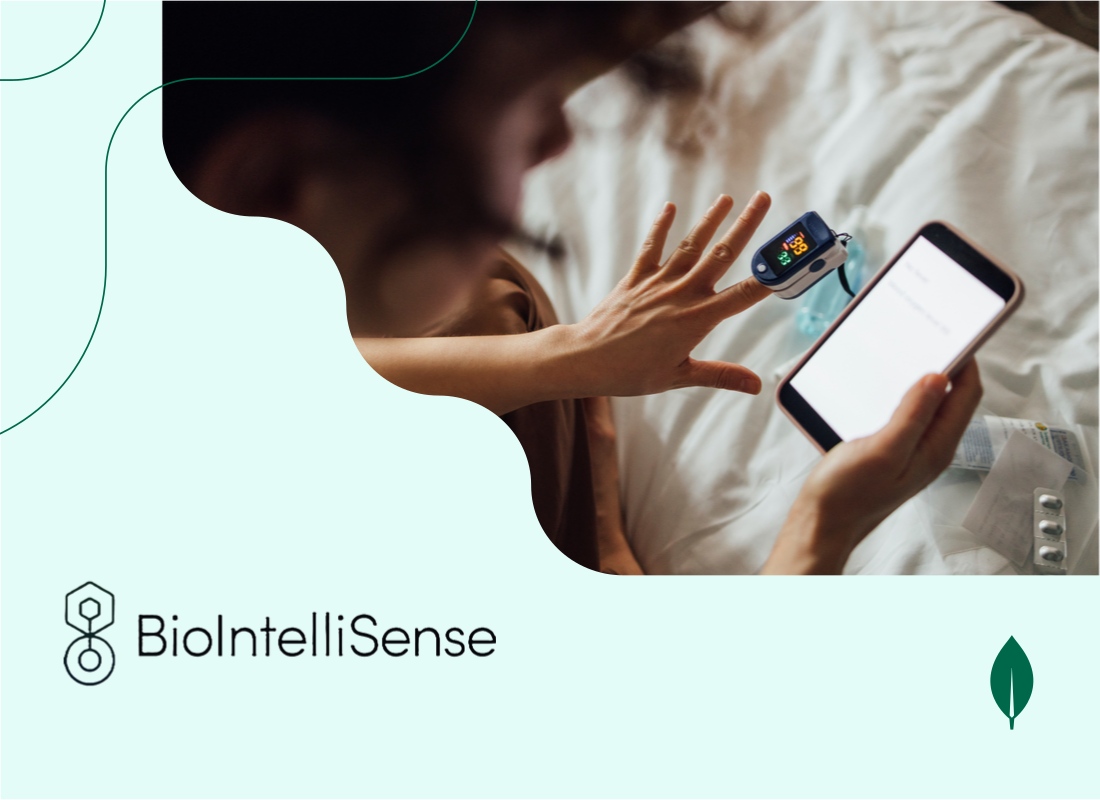BioIntelliSense delivers continuous patient monitoring with MongoDB


“About 8 to 10 months ago, we were pushing our old system to its absolute limits. Since then, our volume has increased significantly. The new MongoDB system is performing orders of magnitude more efficiently.”
Marshal Dhillon
Senior Vice President of Engineering, BioIntelliSense
Senior Vice President of Engineering, BioIntelliSense

“The performance we’ve seen has given me confidence in using MongoDB Atlas. During initial testing, we achieved thousands of transactions per second on just an M10 cluster. Now, we are confident that we can handle tens of thousands of transactions per second on our lower-end MongoDB Atlas clusters using Time Series Collections.”
Tim Posey
Senior Director of Clinical Applications, BioIntelliSense
Senior Director of Clinical Applications, BioIntelliSense
Take the next step
Get access to all the tools and resources you need to start building something great when you register today.
.svg)